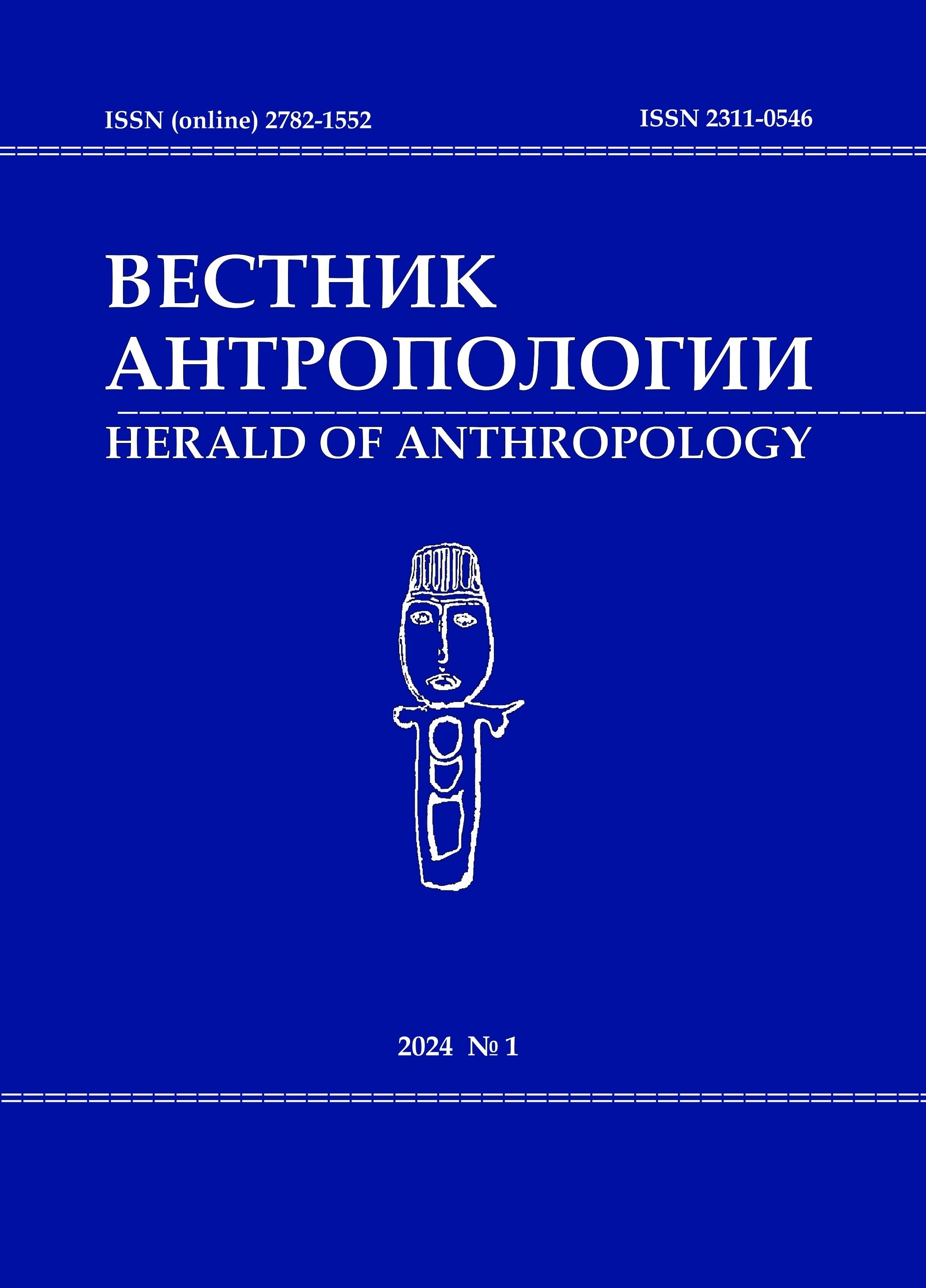The Three Centuries of "Stone Symphony" on the Upper Kama
10.33876/2311-0546/2024-1/267-285
Keywords:
Ivan IV, Stroganovs, Time of Troubles, Peter I, architectural styles, aesthetic and social tasks, regional features, heritageAbstract
The paper analyzes how vast material and financial resources accumulated by the ancient Russian dynasty of the Stroganovs, allowed them not only to give practically irrevocable loans to the Russian government in the Time of Troubles and to the new Romanov dynasty, but also, enjoying the monarchs’ favor, to build in the first third of the 18th century a number of buildings in the «Moscow baroque» style in their residence in the New Usolye village (Northern Kama region). These buildings for three centuries have been admired by all residents and guests of the Perm Kama region. The author gives an overview of the complex era of the «rebellious XVII century», when the ideological foundations of the Baroque style with Russian specifics were formed. The Naryshkin or Moscow baroque is identified as the «link» between the architecture of the old patriarchal Moscow and the new style of St. Petersburg being built as the new capital of Russia already in the Western European spirit (Peter's baroque). It is argued that although the «Stroganov baroque» style retained the main features of the «Moscow / Naryshkin baroque», primarily its pursuit of the grandeur of images and splendor of forms, dynamism of images and contrast, nevertheless, the Stroganov magnates did not always adhere to the «standard models» of the Moscow Baroque, which allows us to speak of an independent architectural «Stroganov style» of that era. In the grande monuments, which include the Stroganov Chambers in Usolye, there was a fusion of various art types and genres. The “Stroganov style” is characterized, first of all, by relative locality, and the architectural monuments representing it are distinguished by a more rich decorative design, in comparison with Moscow monuments (“Naryshkin baroque”), while the elements of order there often have a more “classical appearance”, than in Moscow monuments.





















